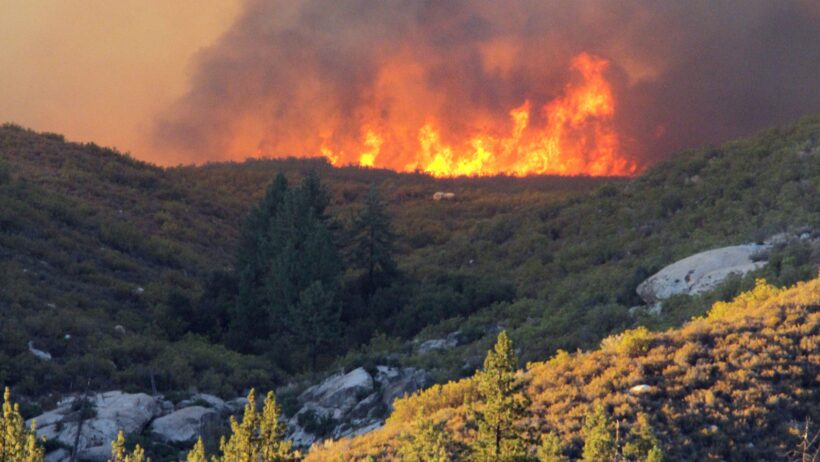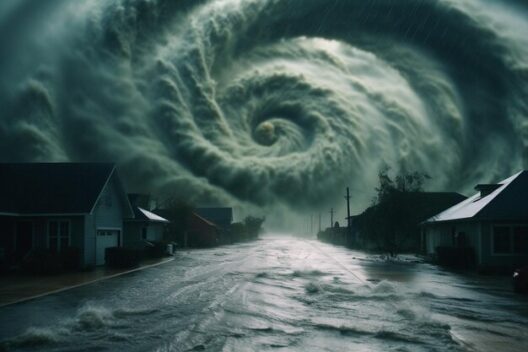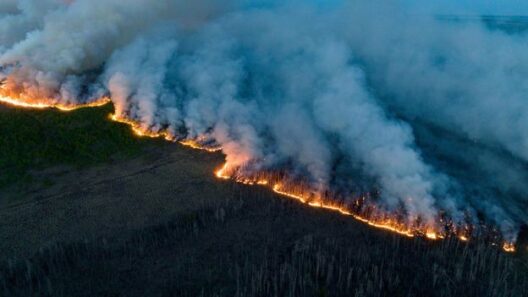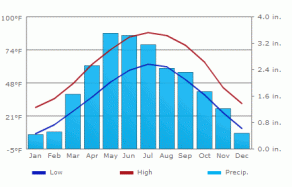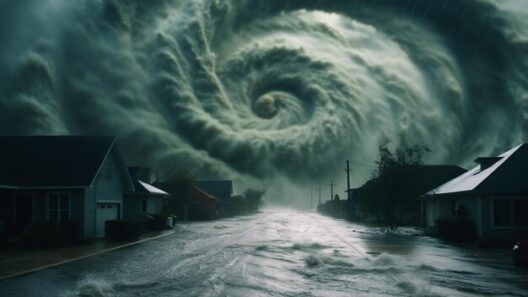Understanding the skepticism surrounding climate change requires delving into a multitude of psychological, social, and cultural factors at play. Despite overwhelming scientific consensus regarding the reality and severity of climate change, a significant faction of society remains unconvinced. Unpacking this phenomenon, we embark on an exploration of the various reasons underpinning such disbelief.
One of the primary contributors to skepticism is misinformation, which proliferates rampant in the digital age. Social media, while a fantastic platform for awareness, also serves as a conduit for misleading information. Voices that articulate doubt about climate science can gain traction through echo chambers, where the algorithm driven nature of content consumption reinforces existing beliefs. This leads individuals to lean towards information that confirms their biases, creating a cognitive dissonance regarding factual data. The prevalence of climate change denial is often bolstered by such echo chambers that prioritize sensationalism over empirical evidence.
Additionally, there is a significant psychological component tied to the notion of risk perception. Many individuals perceive climate change as an abstract or distant threat. When faced with immediate concerns—such as economic instability, personal health, or local issues—people are less likely to prioritize a perceived impending disaster that unfolds over decades or centuries. This temporal disconnect fosters a sense of complacency. In psychological terms, this is known as “temporal discounting,” where future risks are undervalued. As a result, the urgency surrounding climate action is often minimized.
Moreover, emotional reactions play a crucial role in shaping opinions about climate change. Fear, anxiety, or despair over the implications of climate change can lead individuals to dismiss the phenomenon altogether. This defensive mechanism protects their emotional well-being, enabling them to assert that the science is flawed or exaggerated rather than facing the unsettling reality. Mere acknowledgment of climate change may elicit feelings of helplessness due to its magnitude; thus, some individuals choose denial as a means of self-preservation.
For others, ideological beliefs significantly influence perceptions of climate change. In many cultures, climate change has become a polarizing issue closely tied to political affiliations. When climate science intersects with political agendas, it creates an atmosphere rife with distrust. Those who view environmental regulations as an affront to their freedoms or economic opportunity may reject the validity of climate science as a means to defend their beliefs. The disjunction between environmental stewardship and industrial progress thus perpetuates a cycle of skepticism. In this context, environmental narratives become entangled with economic ideologies, throwing into question not just the science but the motivations behind the advocates for climate action.
Economic interests also play a pivotal role in disseminating doubt about climate change. Powerful industries, especially fossil fuel companies, have historically funded campaigns to sow uncertainty regarding climate science. Through lobbying efforts and targeted advertising, these entities can manipulate public perception by framing climate change as uncertain or exaggerated. This manufacturing of doubt not only affects policy decisions but also influences public knowledge and understanding. Consequently, the entrenched interests of a few can overshadow the collective concerns of the many, perpetuating disbelief regarding climate change.
Moreover, the complexity of climate science can also act as a barrier to understanding. The intricate nature of the processes involved in climate change—from greenhouse gas emissions to feedback loops—can be daunting for the layperson. Many people simply lack the requisite scientific background to engage critically with the data presented to them. As a result, they may fall prey to oversimplifications or false dichotomies. This lack of comprehension can breed skepticism, as individuals may feel ill-equipped to discern credible information from specious claims.
Furthermore, the gradual nature of climate change can obscure the immediacy of its implications. Many people might not have directly experienced the drastic impacts of climate change, such as extreme weather events or shifts in their local ecosystems, leading them to question its reality. This experiential gap creates a disconnect, where statistics and projections lack the visceral reality of everyday experiences. The consequences of climate change—rising sea levels, habitat loss, and altered weather patterns—often seem abstract until they manifest directly in one’s community or personal life.
Peering through the lens of cultural narratives reveals yet another layer of complexity. Various stories and customs can shape perspectives on nature and humanity’s role within it. In cultures where dominion over nature is a foundational tenet, the ethos surrounding environmental conservation may be markedly different. Resistance to climate action can stem from ingrained beliefs that prioritize human needs and developmental aspirations over ecological balance. Cultural narratives thus directly influence one’s belief in climate science, forming a bridge—or barrier—to comprehending the urgency of climate action.
The interaction between all these elements underscores that the question of belief in climate change is much more than one of simple ignorance. It reflects a convoluted interplay of psychological strategies, economic interests, cultural identities, and emotional responses. To navigate the complex landscape of skepticism, advocates for climate action must engage with these concerns directly, addressing the fears, misgivings, and misunderstandings that fuel disbelief.
By fostering open dialogue and cultivating opportunities for education rooted in compassion rather than conflict, it is conceivable to shift perspectives systematically. Promoting a richer understanding of climate science, coupled with empathetic engagement, may inspire curiosity rather than defensiveness. Until a majority confronts the realities of climate change with a sense of shared urgency, the momentum toward meaningful action will remain stunted, leaving humanity collectively vulnerable to a warming world.



